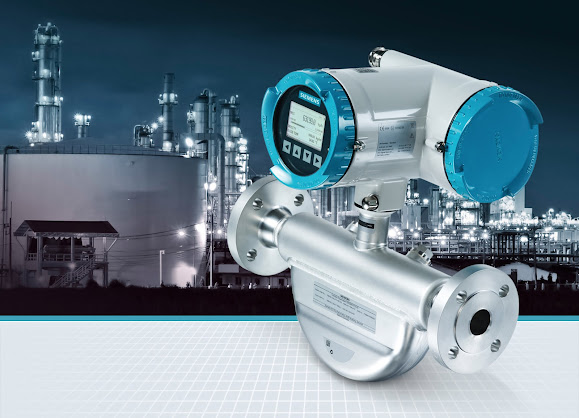Understanding the Importance of Flow Sensors in Industrial Processes
Flow sensors are an essential component of industrial processes that involve the measurement and control of fluid flow. Without them, it would be impossible to monitor and regulate the flow of liquids or gases through pipelines or machinery accurately. However, despite their critical role in manufacturing, many people remain unaware of what these sensors are and why they are so important.
In this article, we will take a closer look at flow sensors and explore their significance in industrial processes. We will discuss how they work, why they are necessary, and what benefits they provide.
Definition of flow sensors and their uses
flow sensors -Applied Measurement Australia are devices used to measure the rate of liquid, gas, or steam flow in a system. They play a vital role in industrial processes by providing accurate and reliable data about the flow rate of liquids and gases. Flow sensors come in different types and sizes depending on the application requirements.
Flow sensors have numerous uses in industrial processes, including monitoring fluid levels, controlling processes such as chemical reactions or cooling systems, and ensuring safety by detecting leaks or blockages. These sensors can provide crucial data that can be used to optimise operations, improve efficiency, and reduce costs.
Flow sensors can also help businesses comply with regulatory standards by ensuring that they meet environmental guidelines for waste management.
Overall, flow sensors are valuable tools for monitoring and managing fluids within industrial processes. They provide important data that helps businesses make informed decisions about production, safety measures, and compliance requirements. As technology continues to advance, we can expect to see even more innovative uses for these essential devices in the future.
Importance of flow sensors in industrial processes
Flow sensors are essential tools in industrial processes. They play a critical role in measuring and monitoring the flow of fluids, gases, and other substances throughout production lines. Flow sensors are used to ensure that liquids and gases are transported efficiently, accurately, and safely.
They provide real-time data that can be used to optimise production processes, reduce waste and improve product quality.In some industries like food processing, pharmaceuticals or oil & gas extraction; the accurate measurement of flow is crucial for safety reasons.
In addition to safety concerns, flow sensors also help companies save money by reducing waste and optimising production processes. By accurately measuring the amount of fluid or gas being transported through pipelines or production lines, companies can ensure that they are not overusing resources.
Benefits of Flow Sensors in Industrial Processes
Flow sensors are essential components in the functioning of industrial processes and provide numerous benefits. One of the significant benefits of flow sensors is that they help to measure the rate of fluid flow through a particular section. This information is essential in ensuring that the process runs smoothly and efficiently.
Another benefit of flow sensors is that they are instrumental in identifying potential issues before they become major problems. Flow sensors can detect anomalies in fluid flow, such as clogs or leaks, allowing for preventative measures to be taken before any serious damage occurs.
Conclusion
In conclusion, understanding the importance of flow sensors in industrial processes cannot be overemphasised. It is therefore imperative for all stakeholders in the industrial sector to embrace this technology as it promises to revolutionise the industry and create a safer, more prosperous future for all.


Comments
Post a Comment